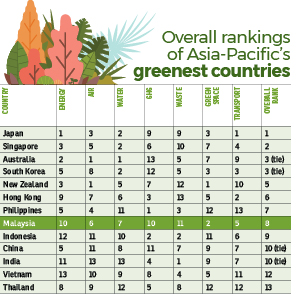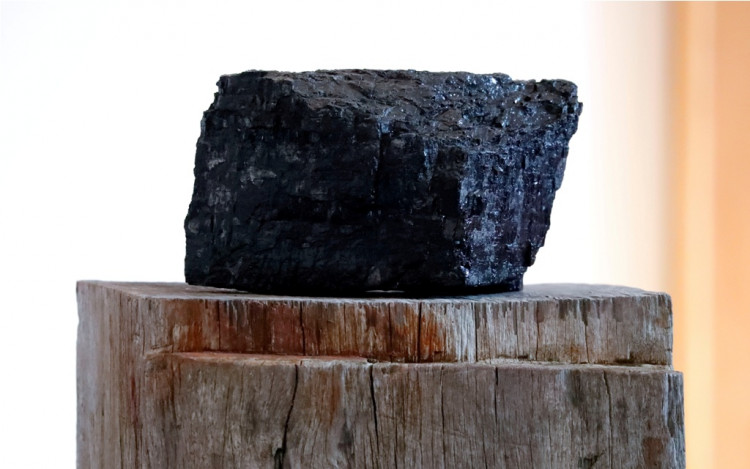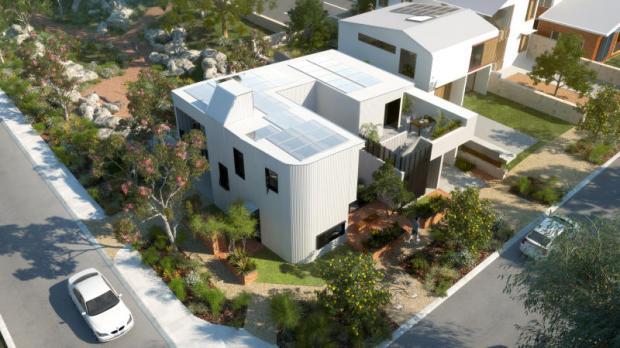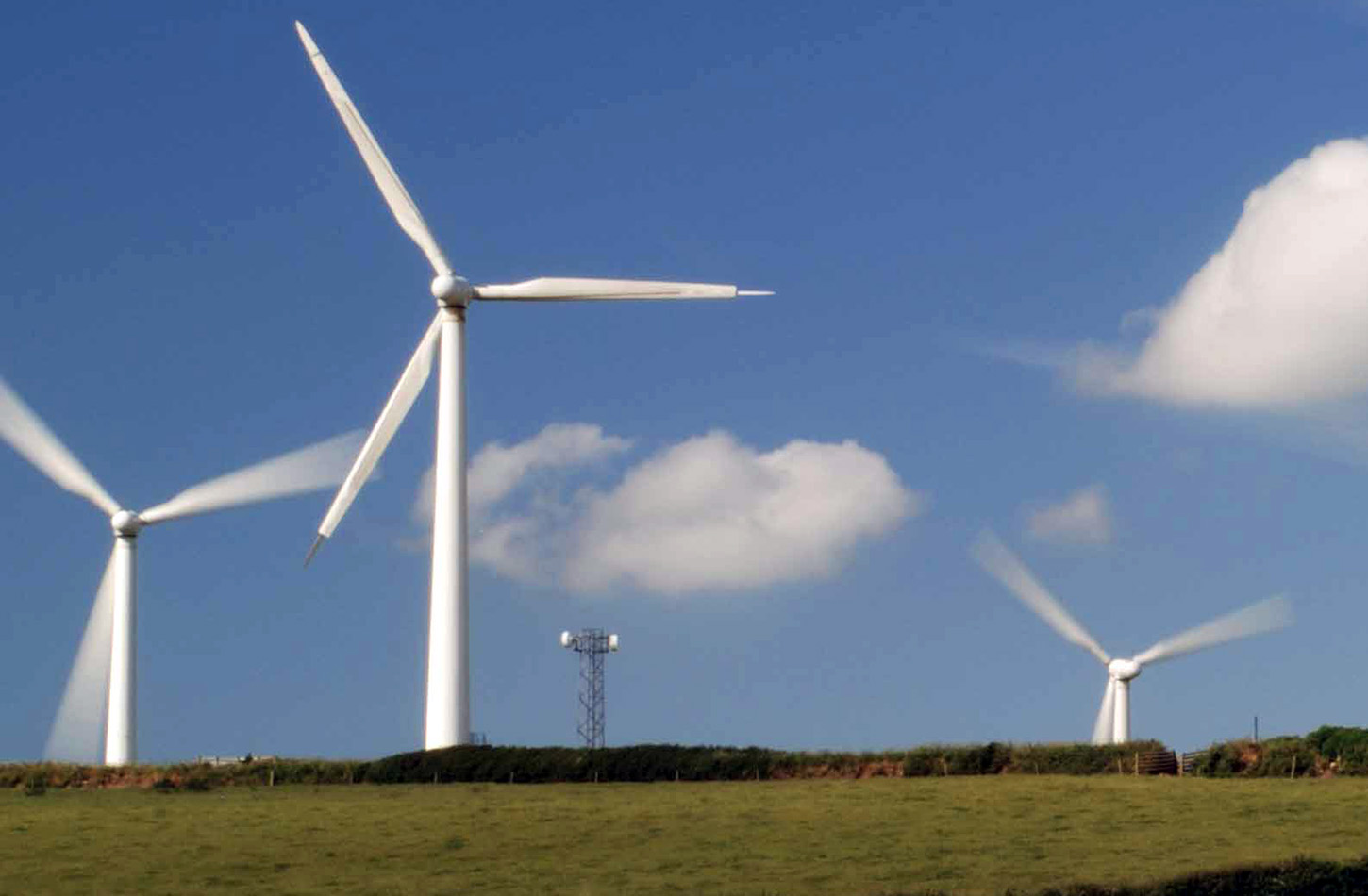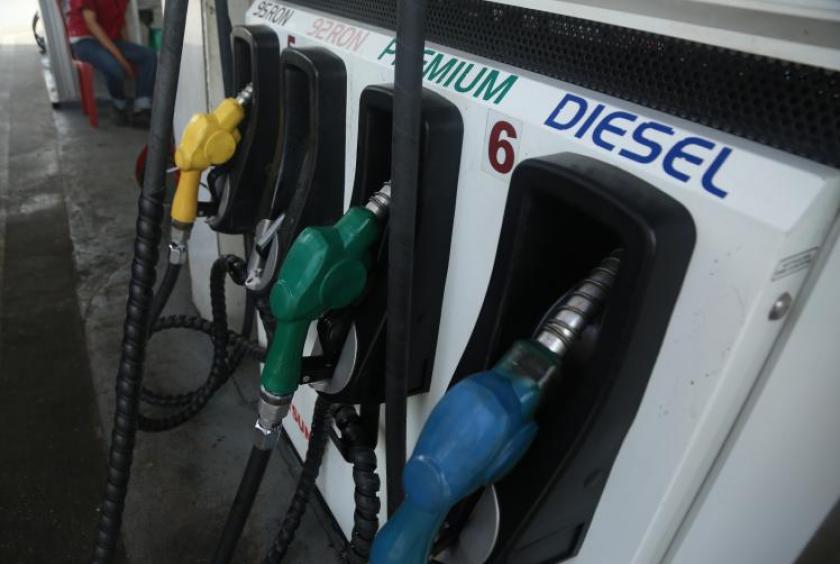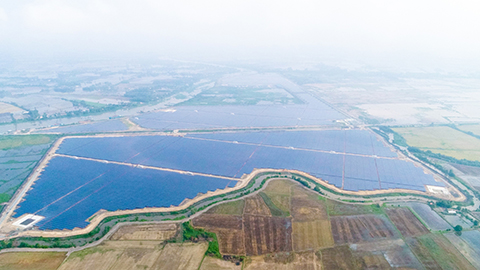Singapore’s DBS Bank has announced plans to stop financing coal-powered plants as it looks to support the country’s ramping up renewable energy projects. The bank is the second in the city-state to drop coal energy initiatives.
According to the Straits Times, DBS said it will continue to honor existing partnerships but will no longer finance new projects that leverage on coal power. The bank followed suit after OCBC Bank first said the latest Vietnamese deals will be it’s last in coal-powered partnerships.
DBS Bank said on Thursday that the decision was made after it studied the Intergovernmental Panel on Climate Change (IPCC) SR15. The bank also reviewed the World Energy Outlook 2018 that came with a Sustainable Development Scenario (SDS) for renewable energy projects.
Despite its willingness to shift away from coal power, DBS Bank acknowledged that the transition period will take time before a full-blown adoption of a system that only finances renewable energy programs.
Singapore has been stepping up efforts in its commitment to curb the negative effects of climate change. Aside from its banks announcing that it will no longer provide funding for coal-powered projects, the city-state also has a goal of reducing its total carbon emissions in the next decade.
The city-state has pledged to reduce its overall Emissions Intensity figures by 36 percent by the year 2030. For many countries, this ultimate goal is ambitious but some analysts believe that it is achievable as Singapore’s banks and other industries continue to support the initiative.
As part of its efforts to mitigate climate change, Singapore is aiming to transition to solar power. While it recognizes the challenges that come with its goals such as urban density and land constraints, the city-state said it will continue to tap into alternative methods such as cutting support for coal-powered plants.
In Singapore’s Climate Action Plan, a wide array of sectors in the economy are expected to increase renewable energy use as well as develop low-carbon technologies. The government said it is hoping to obtain support from its allies in this regard.
Earlier this month, Singaporean solar energy system developer, Sunseap Group, signed a green loan of $50 million in compliance with the Loan Market Association (LMA) and the Asia-Pacific Loan Market Association (APLMA) standards.
The green loan is aimed at establishing rooftop solar projects in the city-state that should benefit over 20 domestic and international industrial firms. Among the industries that could benefit from solar projects are transportation, technology, and education.


